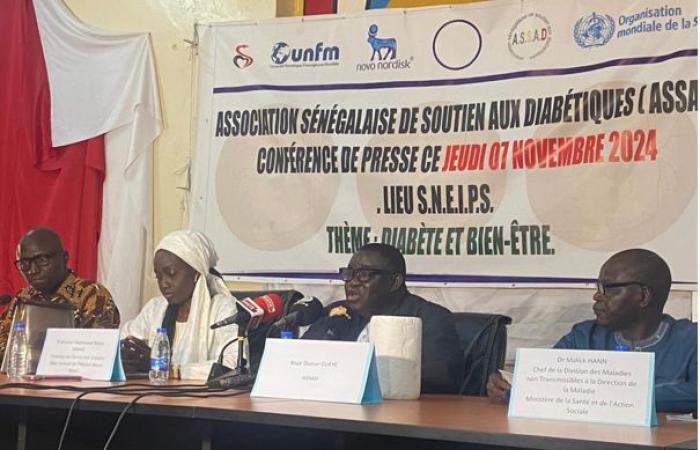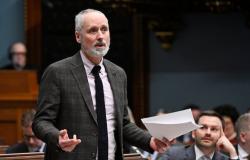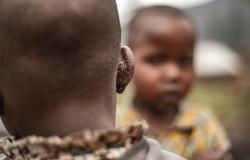According to Baye Oumar Guèye, president of the Senegalese Association for Support and Assistance to Diabetics (Assad), the expenses of a type 1 diabetic are estimated at 75,000 CFA francs per month, or 912,000 per year. He also informed that among the people affected by this disease, 80% are deprived of financial means. Faced with this picture, he calls on the State of Senegal to make diabetes a social disease by making treatment free. Mr. Guèye spoke yesterday, Thursday, November 7, during the press briefing held as a prelude to World Diabetes Day which will be celebrated on November 17 on the theme: “ Diabetes and well-being “. In this same movement, Professor Babacar Niang returned extensively to childhood diabetes with 16,000 cases monitored in the country. A figure which takes on worrying proportions with a death rate of 2.9%.
The number of children with diabetes is increasing worldwide. According to Professor Babacar Niang, nearly 1,200,000 people under the age of 20 have diabetes. The particularity in Africa, according to the latest studies has shown that 80% of diabetic children are not diagnosed, therefore they die without knowing why. “ Severity in children, with type 1 diabetes, is the law of all or nothing. Either it is diagnosed and treated, or the child dies car an adult can have diabetes for 5 years without knowing it, living with the disease. Which is not the case for the child,” he said. For the clinician, type 1 diabetes must be diagnosed in the child, otherwise in less than a week, he or she dies. On the therapeutic level, it indicates that the particularities on the physiological level are different from those of adults. In terms of medication, this is a child who is dependent on insulin. “ In type 1 diabetes, it is a child who lacks insulin. And insulin is essential for life. So, if we don’t give him insulin, the child could die. Also on an evolutionary level, the complications are essentially acute crises which can immediately be life-threatening, namely hypoglycemia and ketoacidosis. emphasized Pr Niang. The diabetologist also reviewed the progress of this treatment in Senegal. “With theThe last studies we did before the program was installed, we had around 250 children who were followed, known. With the implementation of the program in 2008, each year we have seen the significant number increase. Today, there are 1,600 children in 6 years. This means that we have improved diagnostics “, he declared. And to add: “ the death rate has increased drastically. We went from a death rate in 2016 which was 2.9% to around 6.7%. The goal is zero deaths. Because in Europe, the life expectancy of a diabetic child is equal to the life expectancy of a non-diabetic child”.
For the president of the Senegalese Association for Support and Assistance to Diabetics (Assad), 8% of people living with diabetes do not have confidence in themselves. And 16% fear developing complications attributable to the disease. A situation which led him to advocate for free care. ” He There are difficulties attributable to the disease which are called financial inaccessibility because medicines are excessively expensive, geographical inaccessibility, medicines are not always available everywhere. When you face these two concerns, you can understand that you are facing a handicap that must be fought. said Mbaye Omar Gueye. Taking advantage of this platform, he pleaded for free care. « Today, we have reached the time when diabetes must be considered as a social illness by legislating on the issue. And we are prepared to meet these representatives of the next legislature to make them understand this issue, which is multiple. Because diabetes is a lifelong and expensive disease » he made clear. And to add: “ the other problem is the need in terms of accessibility to quality health care. Because many things have been done but today are far from fully satisfying the needs in terms of quality care. Diabetics are almost everywhere across the country, in the most remote corners. There is a need for specialization, a diabetology unit in these localities but also for accessibility of medicines. ».
DENISE ZAROUR MEDANG






